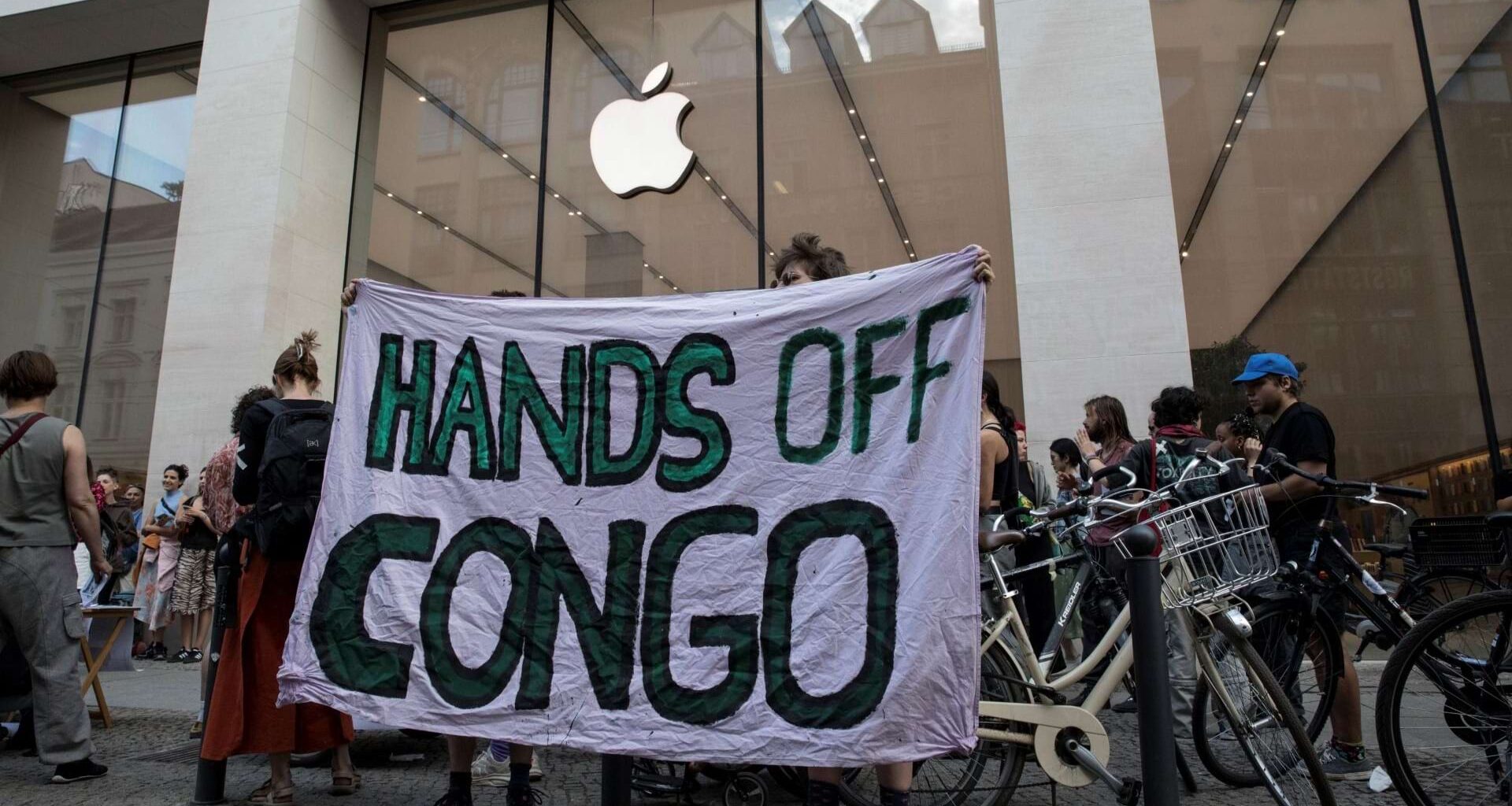One morning last May, a small band of activists descended on Germany’s largest Apple store in the heart of downtown Berlin. Placards in hand, they conducted a noisy but peaceful demonstration to denounce labor rights violations in the Democratic Republic of Congo related to the mining of cobalt required for manufacturing iPhones. This protest and others like it underline how the race to secure the raw materials for the tech and renewable energy revolutions—known as critical minerals—is fueling human rights abuses, regional conflict and environmental degradation around the world.
In recent years both the U.S. and the European Union have attempted to add an ethical dimension to their mineral acquisition policy. As part of Dodd Frank act, the U.S. legislated on the issue in 2010, requiring publicly listed U.S. companies to conduct due diligence in sourcing materials to avoid complicity in “funding conflict or human rights abuses.” In 2017, the EU introduced the Conflict Minerals Regulation, which “requires EU companies to ensure they import these minerals and metals from responsible sources only.” Both moves came in response to growing evidence of a soaring global trade in so-called conflict minerals, a trend which is only being further fueled by the race to secure critical minerals.
The cobalt targeted by the protesters in Berlin last year is among the minerals that, along with rare earth elements, are essential components of renewable energy technologies, including everything from wind turbines and electricity networks to electric vehicles, or EVs. These materials are also essential to the tech industry, with more than 30 elements required to build just one smartphone. The International Energy Agency, or IEA, estimates that the critical minerals market is now worth more than $320 billion and is set to grow exponentially in the coming years, “moving it increasingly to centre stage for the global mining industry.”
